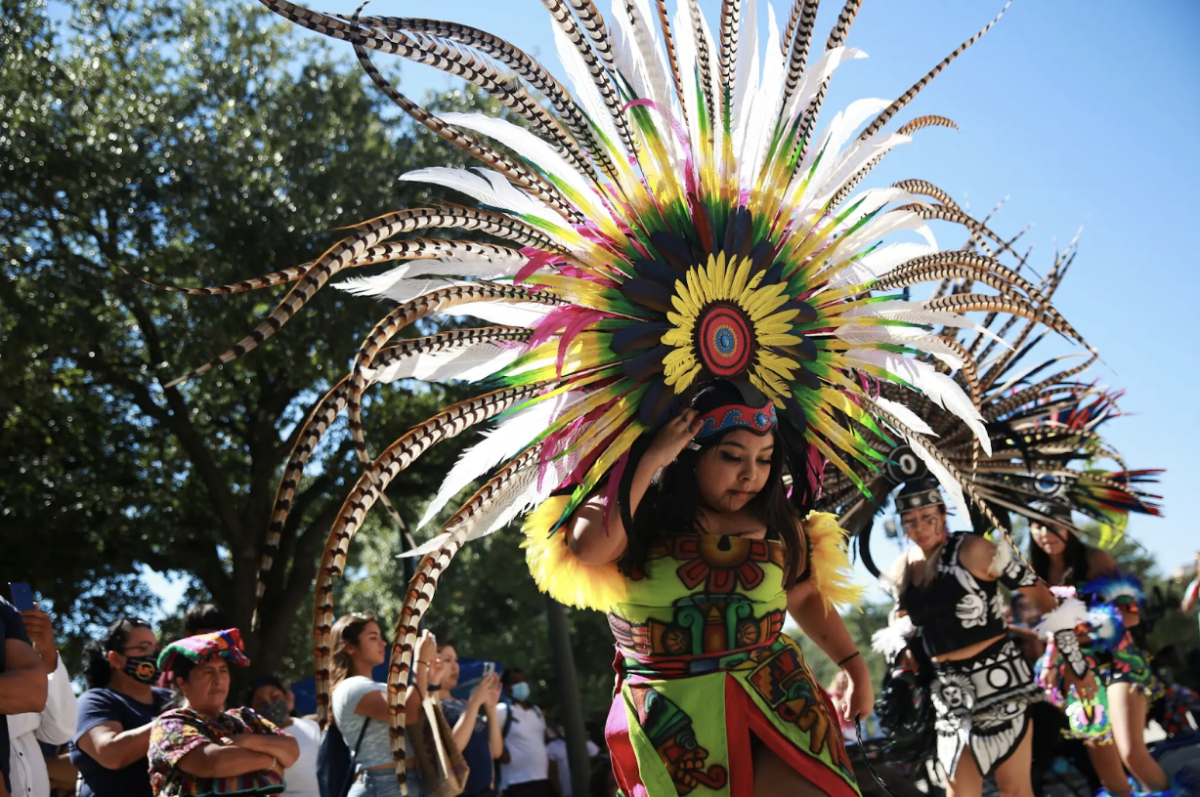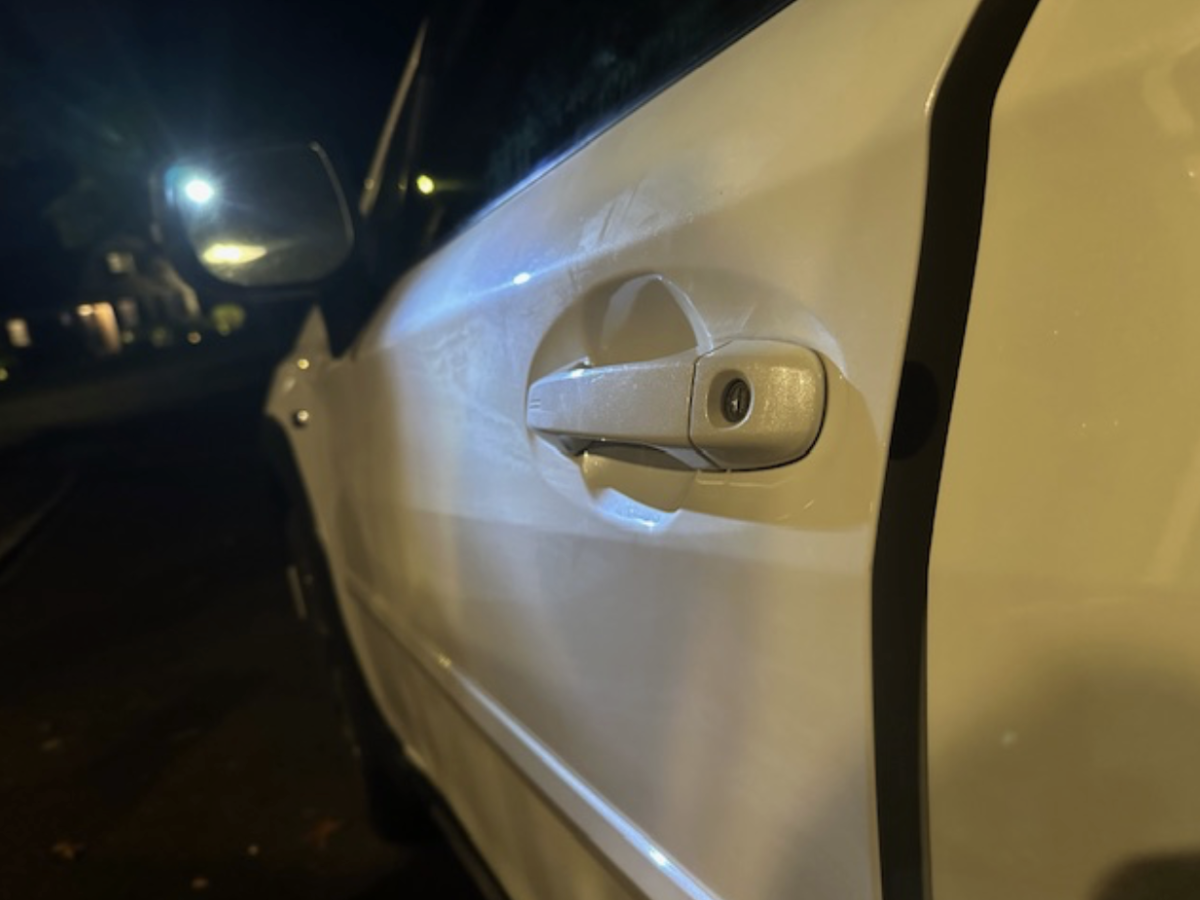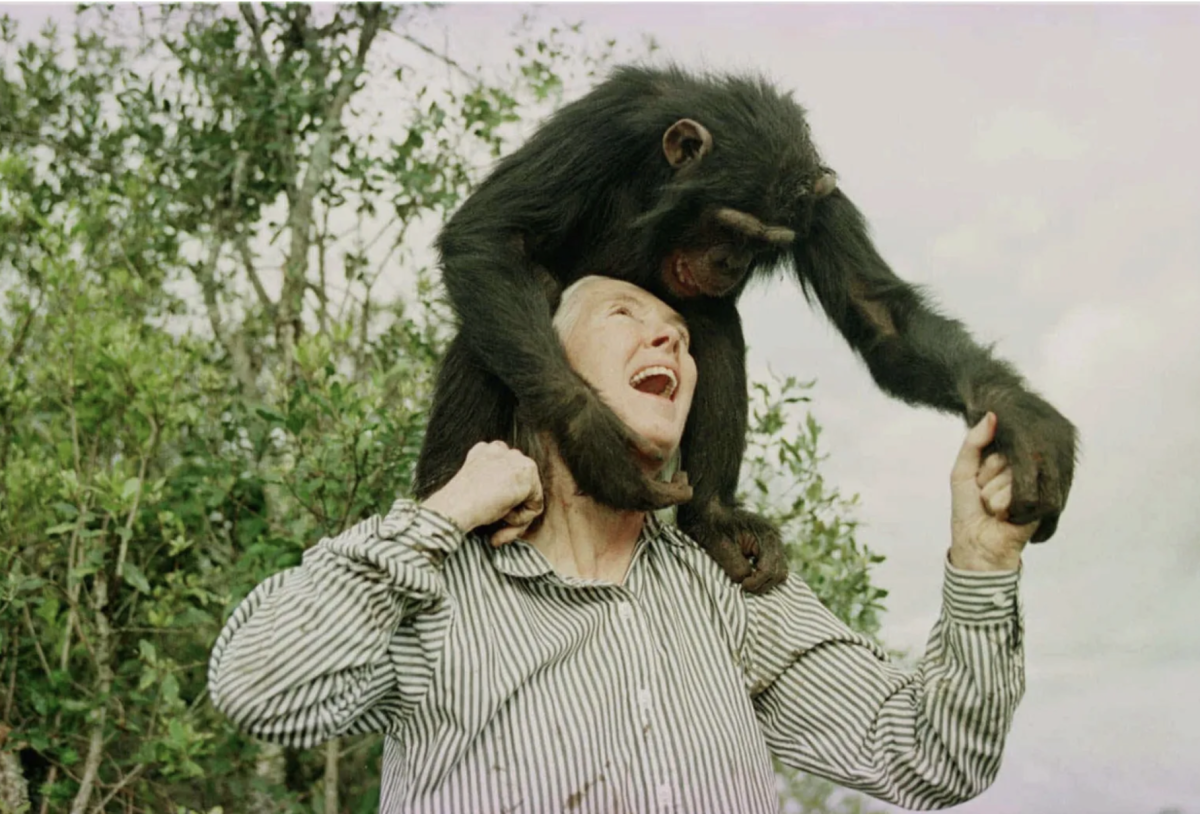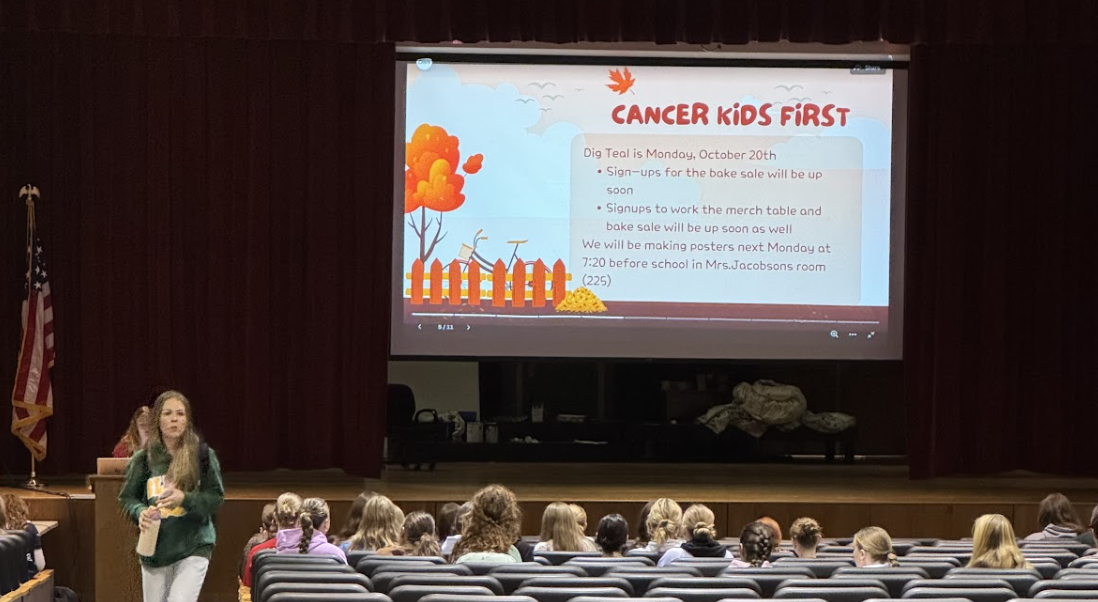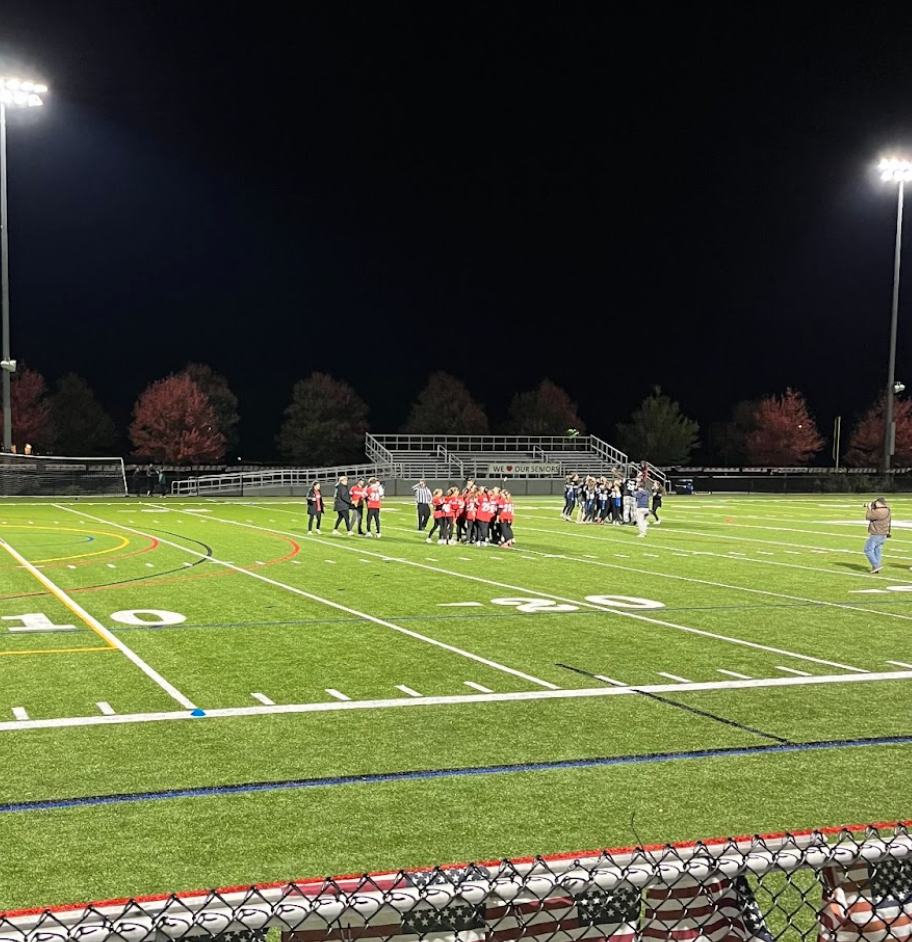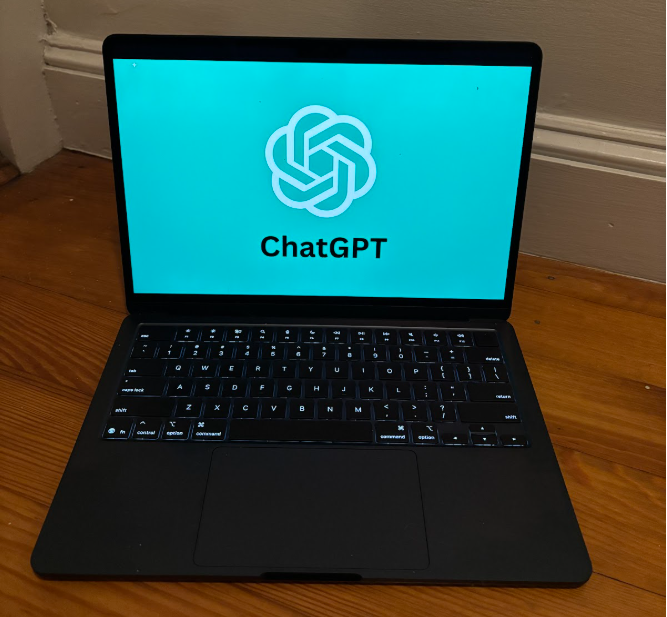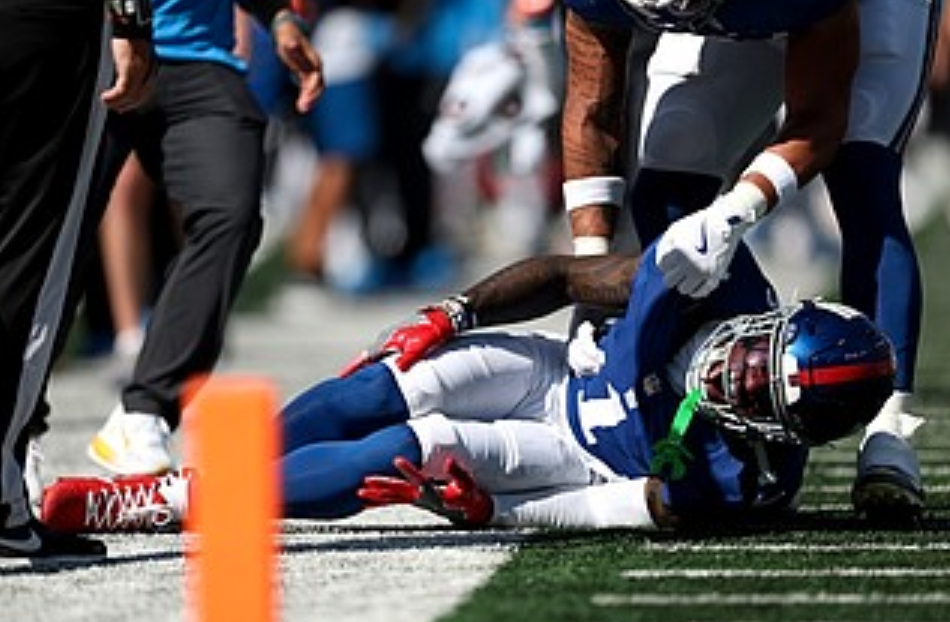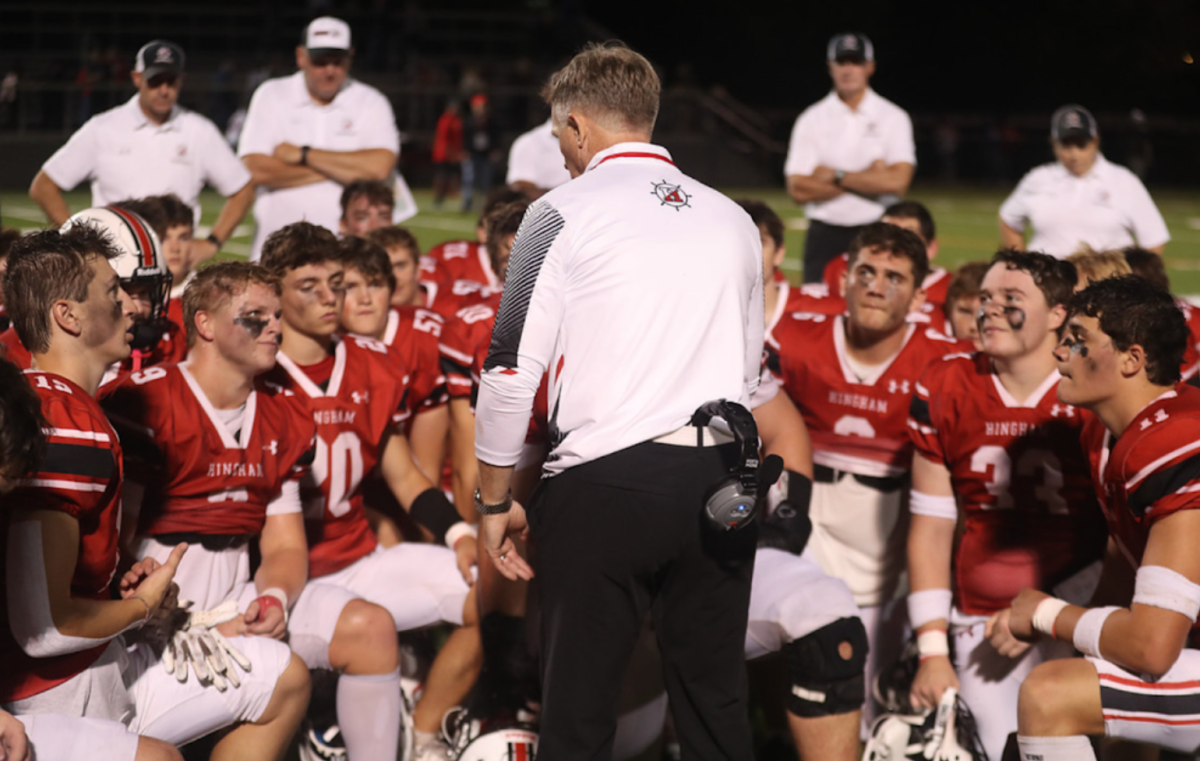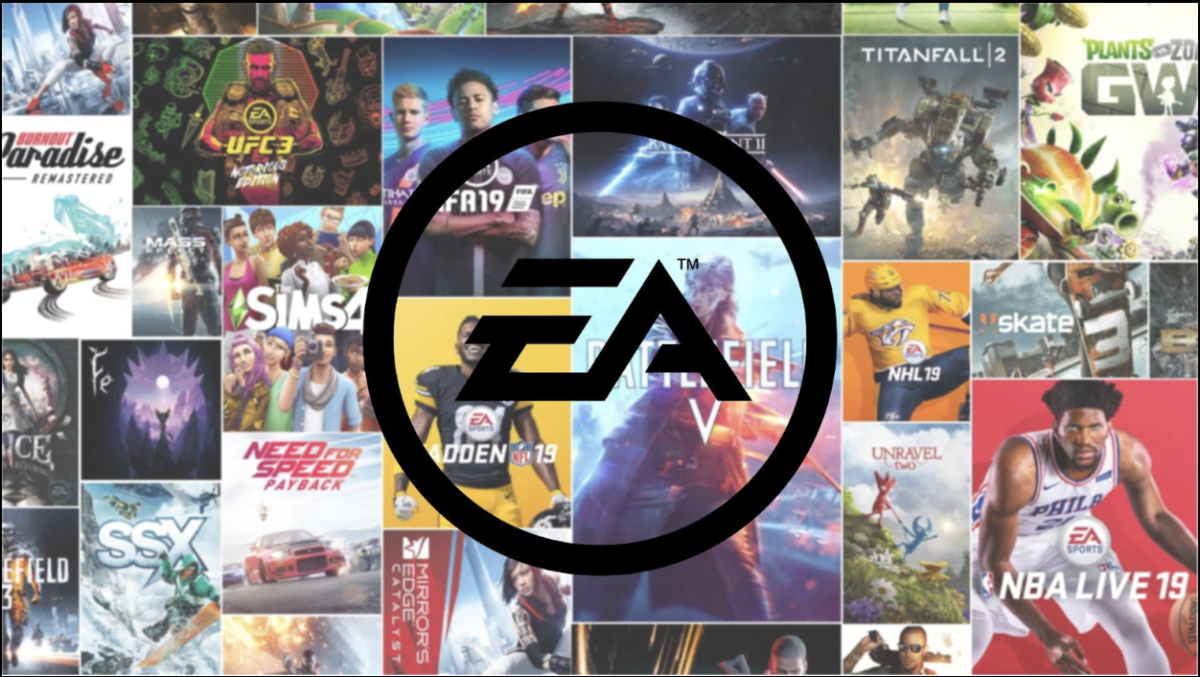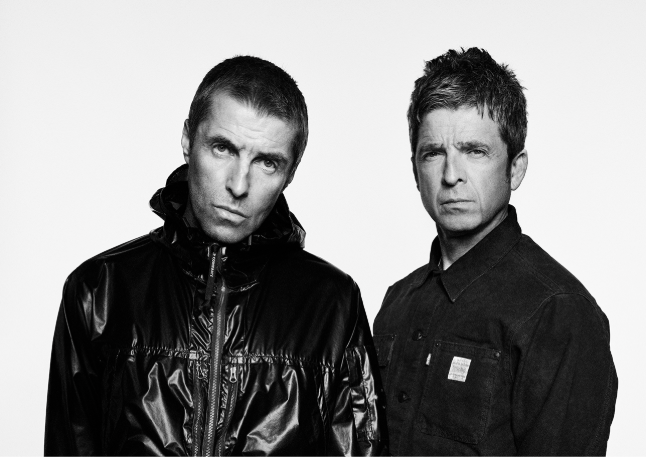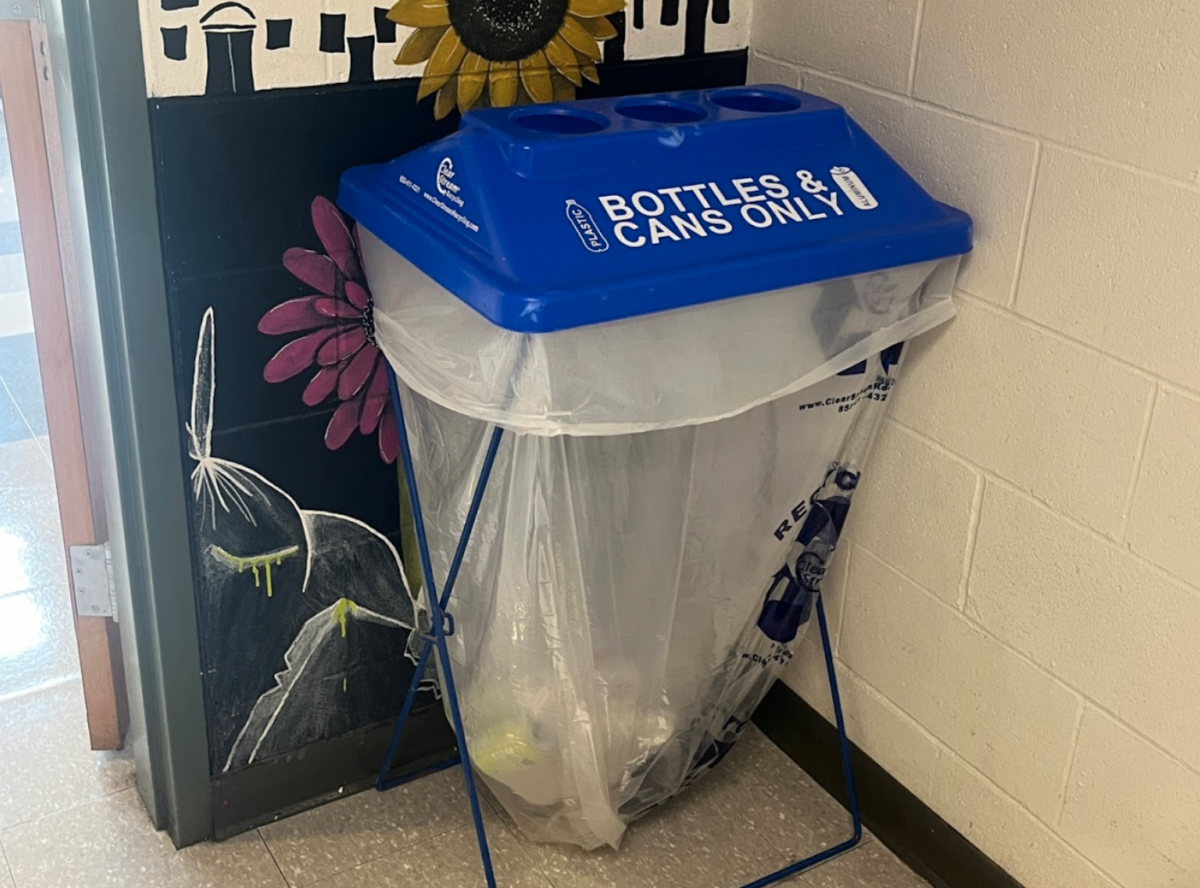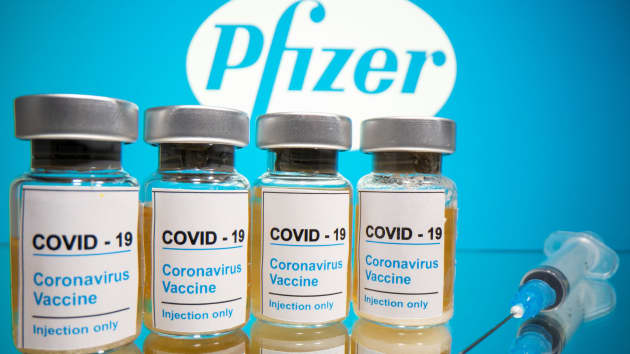Pfizer and Moderna Announce Vaccine Candidates With Over 90% Efficacy
Both Pfizer and Moderna have submitted their vaccines for FDA approval.
December 3, 2020
Researchers worldwide are racing to find a vaccine against the virus causing the coronavirus pandemic, SARS-CoV-2. Thanks to their efforts, experts predict that a safe, effective vaccine could be distributed anywhere between the end of 2020 to the middle of 2021. Dr. Anthony Fauci, the nation’s leading infectious disease expert, has predicted that life could return to normal as early as April.
So far, only two vaccines have been approved: Sputnik V and EpiVacCorona, both of which were developed by Russian scientists and have raised international concern about safety and efficacy. However, several other vaccines have shown promising results during their Phase 3 clinical trials, and two are currently seeking FDA approval.
Earlier this November, pharmaceutical giants Pfizer and BioNTech announced in a press release that their mRNA-based vaccine, BNT162b2, showed more than 90% efficacy against the virus during the Phase 3 clinical study. The study, which began on July 27th and enrolled 43,538 participants, found there to be no health concerns associated with the vaccine; researchers continue to collect safety and efficacy data, meaning that the verdict on this vaccine’s effectiveness may shift.
“Today is a great day for science and humanity,” said Dr. Albert Bourla, Pfizer Chairman and CEO, in a press release. “We are reaching this critical milestone in our vaccine development program at a time when the world needs it most with infection rates setting new records, hospitals nearing over-capacity and economies struggling to reopen. With today’s news, we are a significant step closer to providing people around the world with a much-needed breakthrough to help bring an end to this global health crisis.”
The vaccine has already garnered some criticism, with many pointing out that the two-dose strategy may prove problematic. Still, Pfizer exudes optimism: the company applied for FDA approval on November 20th and wrote that “based on current projections, we expect to produce globally up to 50 million vaccine doses in 2020 and up to 1.3 billion doses in 2021.”
More recently, Moderna applied today for FDA approval of their vaccine, which demonstrated 94% efficacy in Phase 3 clinical trials and, remarkably, has proven 100% effective at preventing severe cases of COVID-19.
The company’s chief medical officer, Dr. Tal Zaks, reported that the data made him emotional. “It was the first time I allowed myself to cry,” Zaks said. “We have a full expectation to change the course of this pandemic.”
By the end of this year, Moderna hopes to have 20 million doses of its vaccine available in the US; in 2021, the company predicts it will be able to manufacture between 500 million and 1 billion vaccines globally.
In total, five companies have vaccines in Phase 3 clinical trials: AstraZeneca, Janssen, Novavax, Moderna, and Pfizer. As of November 30th, only Pfizer and Moderna have applied for FDA approval, and their studies will be reviewed on December 10 and December 17, respectively.
So when will life return to normal? It’s unclear when that could happen, if ever. Experts agree that herd immunity (roughly 70% of the population) is the best way to beat the coronavirus pandemic, but even with the promising Phase 3 trial results, the timeline for such widespread distribution remains hazy.
Should Moderna’s or Pfizer’s vaccine gain FDA approval, the CDC’s Operation Warp Speed has outlined a distribution process. Still, estimates vary on how long that process would take and how effective it would be. While Fauci predicted a return to normalcy by April of 2021, the University of Liverpool’s Julian Hiscox asserted in October that “we won’t be ‘back to 2019’ for five years.” Others argue that the world will never return to its pre-pandemic state.
Even at Hingham High, opinions on the news are split. Junior Alex Denning expressed optimism, saying the progress was “really good, especially considering that people were saying it could take up to two years to get a vaccine at the beginning of the pandemic. Obviously this doesn’t mean it’s over or that things will magically go back to normal, but it’s a good start.”
Junior Ella Niehoff, however, expressed doubt about the efficacy of the vaccines, saying, “I think that once someone receives Covid-19, they are a lot less likely to get it again because they’ve developed antibodies. I’ve heard that some scientists believe that the virus evolves too quickly for the antibodies to help. But, if Covid-19 evolves so quickly, how can the vaccine be 90% effective?”
As of today, no one can say for certain when the pandemic will be over or whether these vaccines will be completely effective. However, the Phase 3 trial results from Pfizer and Moderna are incredibly promising, and offer us all hope that life will return to normal soon.

